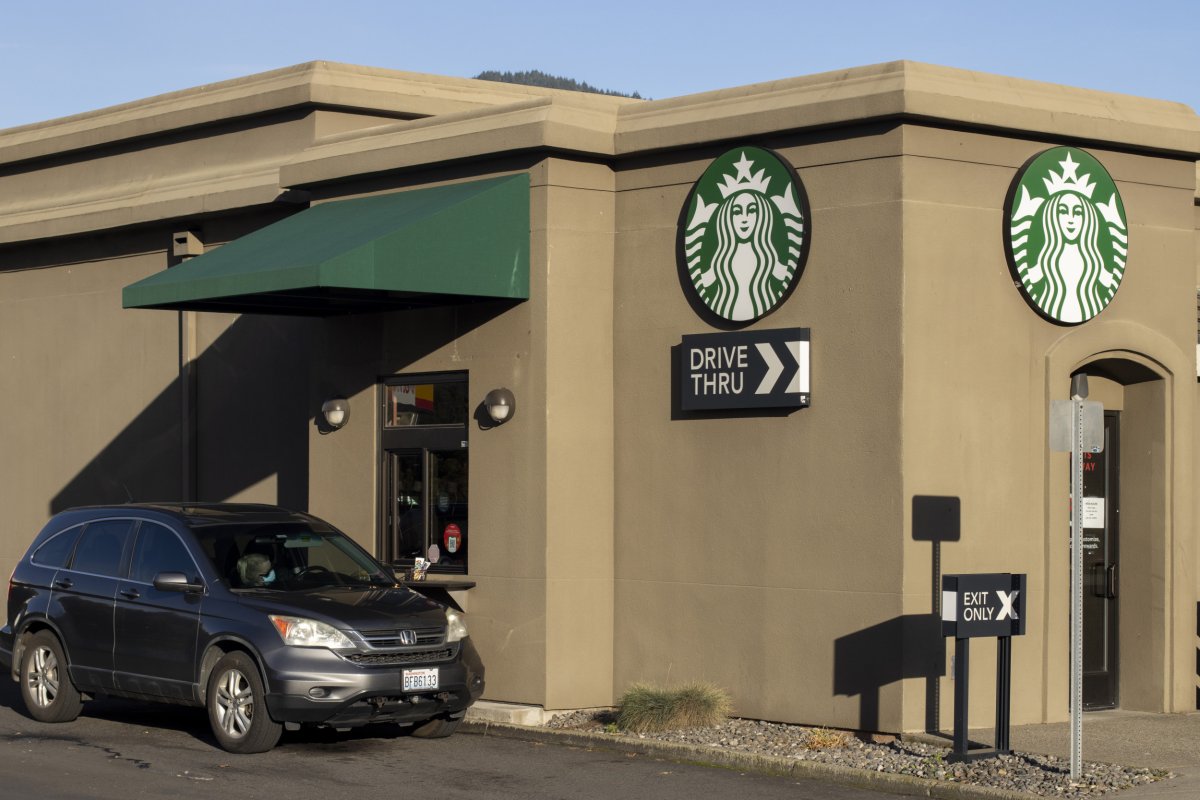“Paying it forward,” a gesture of goodwill where customers opt to pay for the orders of those behind them, is becoming an increasingly common trend at drive-thrus across the country.
However, not everyone feels comfortable with the pressure that sometimes accompanies this act of kindness. A Starbucks customer, who is known as u/viciousviper44 on Reddit, has sparked a lively debate on the platform regarding this very topic, garnering over 18,000 upvotes and considerable support for their decision to bow out of a pay-it-forward chain.
The customer shared on September 3 that they had been informed by a barista on a recent Starbucks trip that the person in front of them had paid for their coffee. They were then asked if they would like to continue the chain by paying for the order of the customer behind them. Newsweek reached out to u/viciousviper44 for more information via Reddit, and Starbucks for comment via email.
“Usually I have no problem doing it as I was gonna pay for mine anyway,” the customer wrote in the post.
However, when the barista said that the next customer’s total was $42, the customer decided to break the chain. “I guess the streak ends with me today,” they replied to the barista, refusing to cover the significant cost.
Licensed social worker Alex Banta told Newsweek about her professional insight into the psychological makeup of the trend.
“There are massive bodies of research confirming that, as human beings, it is good for us to do nice things for each other, and our brain lights up and gets a happy reward feeling that boosts our mood,” Banta said.
However, she added that she was skeptical about the pay-it-forward practice in drive-thrus, questioning its authenticity.
“It takes away the authenticity of genuine kindness and replaces it with a headlock of pressure, guilt, and shame,” Banta said.
The Starbucks customer’s decision was met with a look of disdain from the barista, which they described in their post. “This girl looked at me like she thought I was the biggest a****** on the planet. Total contempt,” they said.
Despite the negative reaction, the customer stood by their decision, saying that they were unwilling to pay for an entire car’s drinks and food when their own order was just $4.
Banta, who has over a decade of experience in supporting individuals and families through mental-health struggles, pointed out the potential emotional distress caused by feeling pressured to participate in the social custom.
“What if you and your family are prioritizing saving? Then you feel this pressure to ‘pay it forward’ over your budget, leading to stress and cognitive dissonance,” Banta said. “This is decidedly the opposite of the happy chemicals you would normally experience from a nice deed.”
Viewers on Reddit have overwhelmingly supported the customer in their move to break the chain, with many sharing similar experiences and expressing relief that someone had voiced what they had been feeling all along.
“You’re not an a******,” one viewer commented. “It’s great to be generous, but $42 is way too much for one person to cover.”
Another added: “Absolutely agree. It’s really nice to pay it forward when it’s a reasonable amount, but $42 is just too steep for one person to cover, especially when your coffee was only a few dollars. You shouldn’t feel pressured to take on that kind of expense just because someone else was generous.”
“I pay forward for the $7 dollar drink, then immediately drive around and back through hoping to get my $42 bill covered … Evil genius,” a third viewer shared.
“If you want to pay for someone else’s coffee, good for you! But if it comes with a myriad expectations and pressure to make sure other people are strong-armed into following the trend—skip it,” Banta said. “Focus on your goals and values.”

A customer waits in their car for their order at a Starbucks drive-thru. One poster has ignited discussion online about the “pay it forward” trend at coffee shops and restaurants.
Getty Images




